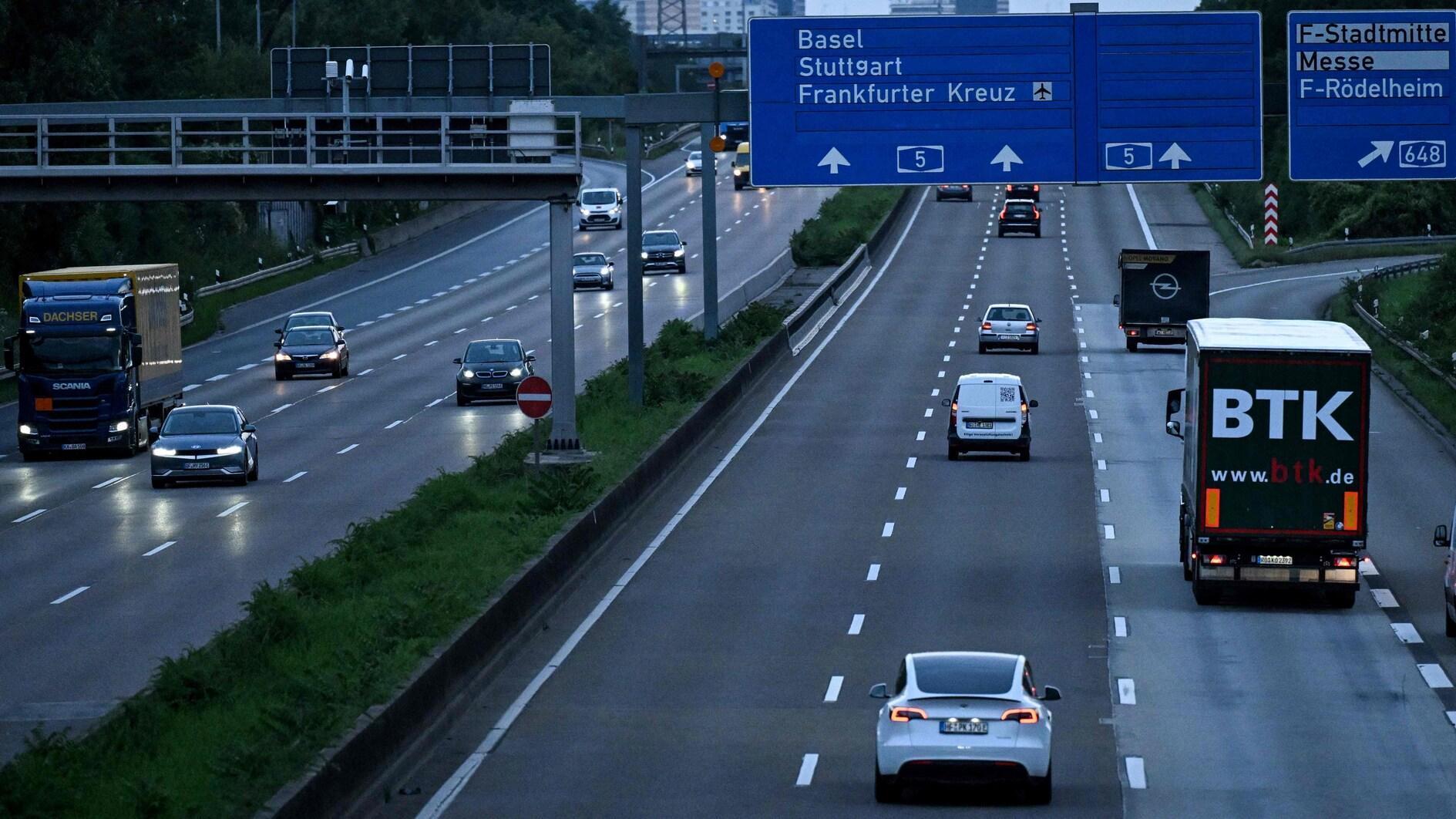Plan for Germany's biggest motorway sparks anger
FRANKFURT

A proposal to create Germany's biggest motorway has sparked a backlash, with critics fearful the "monstrosity" will increase climate-damaging emissions, worsen noise pollution and harm biodiverse habitats.
The recommendation suggests widening a section of the A5 outside the western city of Frankfurt to 10 lanes at an estimated cost of 1.1 billion euros ($1.2 billion).
While supporters say it is necessary to cope with expected increases in traffic on what is already one of Germany's busiest stretches of motorway, it has touched a nerve amid mounting concerns about the climate crisis.
Hans Christoph Stoodt, from a campaign group fighting the plans, described the idea as "completely crazy", adding it would create a "monstrosity."
"The German government has committed to making Germany climate-neutral by 2045... and the same government is planning a 10-lane motorway here," he told AFP.
"We need to expand public transport and drastically reduce private, motorised transport driven by fossil fuels."
The proposal was laid out in a feasibility study commissioned by state-owned Autobahn GmbH and that was only released publicly in recent weeks under pressure from campaigners.
Authorities have since been at pains to stress they are still deciding what to do.
The Transport Ministry said the study does not represent a final decision and will only form part of its considerations.
The affected stretch, running about 30 kilometers from a junction near the city's airport to the town of Friedberg to the north, is currently either six or eight lanes.
The study argues the extension is needed to cope with looming increases in traffic volumes.
Already jammed at busy times, the A5 is set to get even more crowded, with some 200,000 cars expected on the road daily by 2030, according to the study.
But as well as a potential rise in emissions, Stoodt listed a litany of other problems that would be caused by widening the highway.
Houses close to the motorway would have to be demolished to make way for extra lanes.
Despite high barriers lining the side of the highway aimed at reducing noise, the constant rumbling of traffic is already above permitted levels and would only worsen with an extension, said Stoodt.
Meanwhile, the area would be transformed into a construction site for several years.
The study however says that there are no "insurmountable environmental obstacles" to widening the motorway.
In its conclusions, it finds that widening the section of the motorway to 10 lanes is the only option examined that would "achieve sufficient capacity" to cope with expected increases in traffic.
















